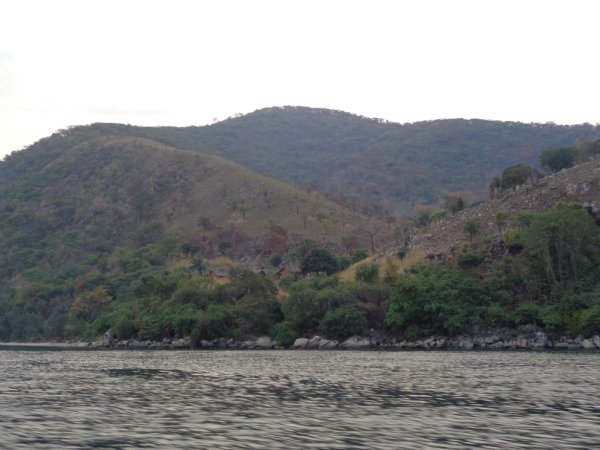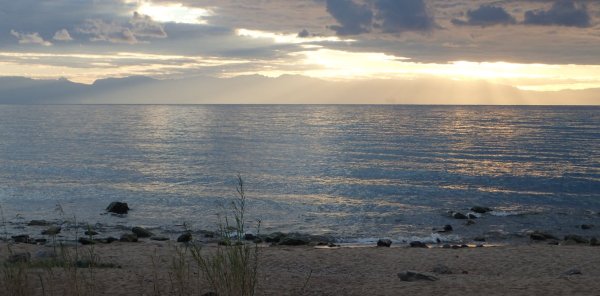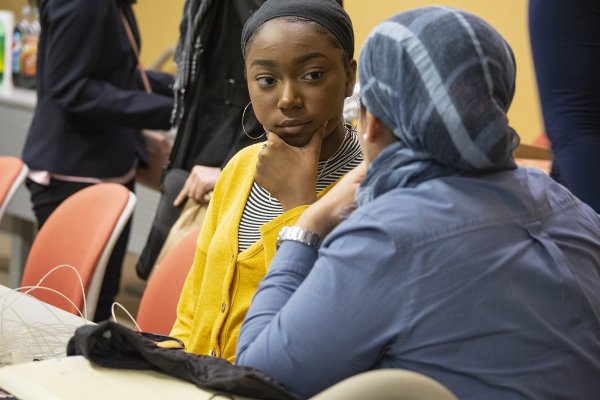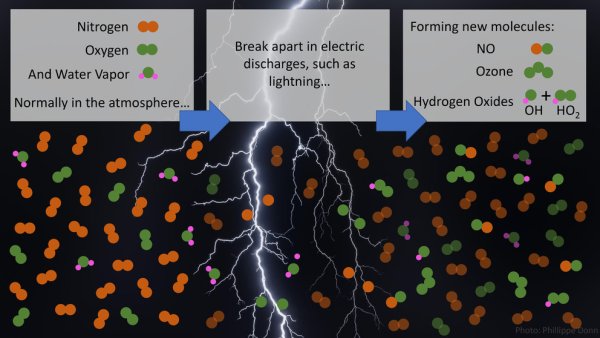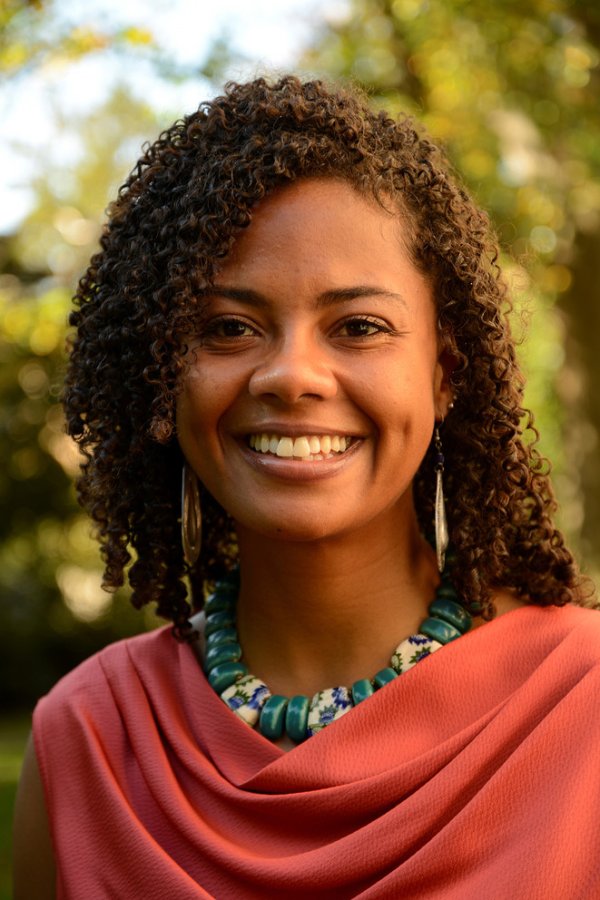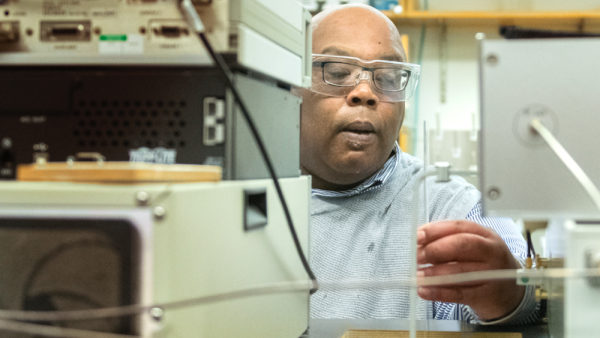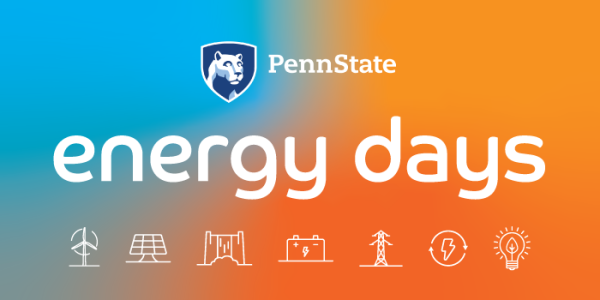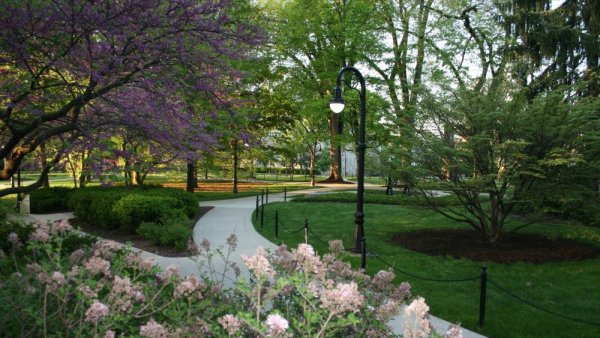Landscape shows earliest effects of modern humans using fire to shape ecosystem
| news.psu.edu
New archaeological and paleoenvironmental evidence from Lake Malawi, Africa, shows that early modern humans used fire in a way that prevented regrowth of the region’s forests and created the sprawling bushland that exists today, according to researchers.
Early humans used fire to permanently change the landscape tens of thousands of years ago in Stone Age Africa
| theconversation.com
Combining evidence from archaeology, geochronology and paleoenvironmental science, researchers identified how ancient humans by Lake Malawi were the first to substantially modify their environment.
June 9 webinar to focus on adaptive architecture research, collaboration
| psu.edu
A June 9 interactive webinar will focus on adaptive architecture research, a critical component in the pursuit of the sustainable, equitable and resource-efficient future of the built environment. Attendees can share, collaborate and ideate new research ventures in preparation of the next Living Multifunctional Materials Collaborative Research Seed Grant Program.
Penn State EnvironMentors, Changing the STEM narrative
| by Lorraine Jones
First-generation, racially marginalized groups and women both remain underrepresented in science, technology, engineering, and math (STEM) education and careers. White women make up 18% of the STEM workforce compared to 49% of their white male counterparts. Racially marginalized groups continue to be in the single digits within the STEM workforce.
Growing Impact: Wind energy's dirty secret
| Featuring Stephen Chmely, Christine Costello
Stephen Chmely and Chris Costello discuss how wind energy has a dirty secret surrounding the wind turbine blades and their disposal. The research team is exploring materials to reduce the waste associated with the blades.
Illnesses of controversial celebrities can negatively affect public health
| news.psu.edu
Not all public figures are equally beloved, and sometimes when more controversial celebrities get sick, it may negatively affect people’s health intentions. In a study of people’s reactions to radio host Rush Limbaugh’s announcement of a lung cancer diagnosis and Kentucky Sen. Rand Paul’s announcement of a diagnosis of COVID-19, researchers at Penn State found that those who took pleasure in their misfortune were themselves less likely to take steps to prevent lung cancer or COVID-19.
Lightning and subvisible discharges produce molecules that clean the atmosphere
| news.psu.edu
Lightning bolts break apart nitrogen and oxygen molecules in the atmosphere and create reactive chemicals that affect greenhouse gases. Now, a team of atmospheric chemists and lightning scientists have found that lightning bolts and, surprisingly, subvisible discharges that cannot be seen by cameras or the naked eye produce extreme amounts of the hydroxyl radical — OH — and hydroperoxyl radical — HO2.
Kristina Guild Douglass named Carnegie Fellow
| news.psu.edu
Kristina Guild Douglass, Douglas S. and Joyce L. Sherwin Early Career Professor in Penn State’s Rock Ethics Institute and assistant professor of anthropology and African studies, has been named a 2021 Carnegie Fellow by the Carnegie Corporation of New York.
Penn State biochemist Squire Booker named inaugural fellow
| psu.edu
Squire Booker, Evan Pugh Professor of Chemistry and of Biochemistry and Molecular Biology and holder of the Eberly Family Distinguished Chair in Science, has been named an inaugural fellow of the American Society for Biochemistry and Molecular Biology.
Advanced Cohort of Internet2’s Cloud Learning and Skills Sessions (CLASS) program
| internet2.edu
Workforce development and training are one of our most significant challenges, especially as travel and onsite opportunities have been limited over the past year. In response, Internet2 is partnering with major cloud providers and research universities to develop the Cloud Learning and Skills Sessions (CLASS) program, an intensive online training specifically tailored for research computing professionals.
Energy Days to be held virtually on May 19 and 20
| news.psu.edu
Energy Days, an annual conference that brings together professionals working in all areas of energy, will be held virtually on May 19 and 20, 2021, and explore topics that range from energy technology to energy policy and equity.
Penn State announces 2021 University-wide faculty and staff awards
| psu.edu
Each year, Penn State recognizes outstanding faculty and staff with annual awards in teaching and excellence. These awards highlight many of the faculty and staff who go above and beyond.

